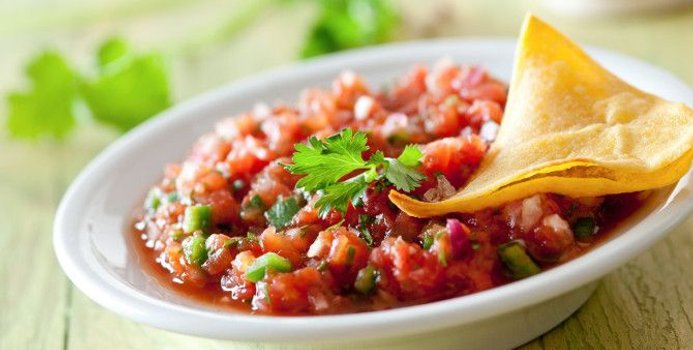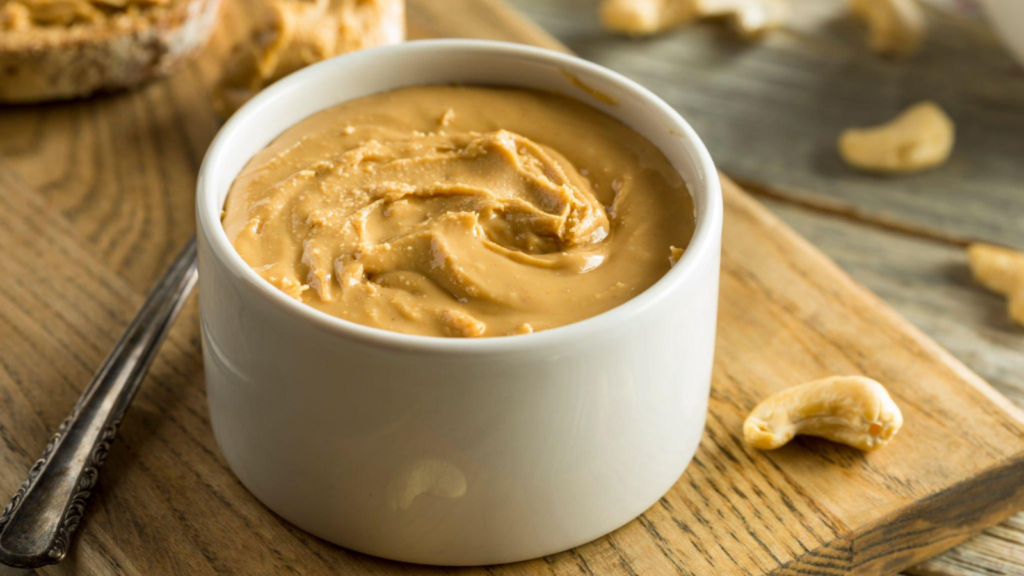Salsa is a popular condiment enjoyed worldwide, but is salsa healthy? This question often arises as people become more health-conscious and seek to understand the nutritional value of their food. In this article, we’ll delve into the components of salsa, its health benefits, potential drawbacks, and how it can fit into a balanced diet.
What is Salsa?
Salsa typically consists of fresh ingredients, including tomatoes, onions, peppers, and herbs. It’s often served as a dip or topping for various dishes. Salsa can be made in numerous ways, from chunky and fresh to smooth and cooked. Here, we’ll focus on the most common types:
- Fresh Salsa (Pico de Gallo): Made with chopped tomatoes, onions, cilantro, lime juice, and jalapeños.
- Cooked Salsa: Prepared by cooking tomatoes and other ingredients, giving it a rich flavor.
- Fruit Salsa: Incorporates fruits like mango or pineapple, adding sweetness.
Nutritional Profile of Salsa
To answer the question, is salsa healthy, we first need to evaluate its nutritional profile. Below is a general overview of the nutritional content per 100 grams of fresh salsa:
| Nutrient | Amount |
|---|---|
| Calories | 36 kcal |
| Carbohydrates | 7.6 g |
| Protein | 1.2 g |
| Fat | 0.2 g |
| Fiber | 1.5 g |
| Vitamin C | 13% DV |
| Vitamin A | 10% DV |
| Potassium | 7% DV |
Key Takeaway: Salsa is low in calories and fat, making it a great option for those looking to maintain a healthy diet.
Health Benefits of Salsa
1. Low in Calories and Fat
One of the most significant benefits of salsa is its low-calorie and low-fat content. Unlike many dips and sauces, which can be high in calories, a serving of salsa is light and guilt-free.
2. Packed with Nutrients
Salsa is rich in essential vitamins and minerals, particularly:
- Vitamin C: Supports the immune system and skin health.
- Vitamin A: Important for vision and immune function.
- Antioxidants: Ingredients like tomatoes are high in lycopene, an antioxidant linked to heart health.
3. High in Fiber
Fresh salsa contains vegetables that provide dietary fiber, which is vital for digestive health. Fiber helps regulate bowel movements and can aid in weight management.
4. Hydration
With a high water content, salsa can help with hydration. Staying hydrated is crucial for overall health, and incorporating foods like salsa can contribute to your daily intake.
5. Versatile and Flavorful
Salsa adds flavor to various dishes without the need for unhealthy fats or sugars. It can be used in salads, tacos, grilled meats, and even as a marinade. This versatility means you can enjoy it in many ways while keeping meals healthy.
Potential Drawbacks of Salsa
While salsa is generally healthy, there are a few potential drawbacks to consider:
Sodium Content: Some commercially prepared salsas can be high in sodium. Excessive sodium intake can lead to hypertension and other health issues. Always check the label, or better yet, make your own salsa at home to control the ingredients.
Allergens: Certain ingredients in salsa, like jalapeños or onions, may cause allergic reactions in some individuals. Always be cautious if you have food allergies.
Sugar Content in Fruit Salsas: Fruit salsas, while delicious, can contain higher sugar levels compared to traditional vegetable-based salsas. If you’re watching your sugar intake, opt for the classic tomato-based salsa.
How to Make Your Salsa Healthier
Creating a healthier salsa is easy! Here are some tips:
- Use Fresh Ingredients: Fresh tomatoes, onions, and peppers provide the best flavor and nutrients.
- Limit Salt: Use herbs and spices to enhance flavor instead of salt.
- Add Beans: Incorporating black beans or corn can enhance protein and fiber content.
- Experiment with Spices: Adding cumin or cilantro can give your salsa a unique flavor without extra calories.
Salsa Recipes to Try
Classic Pico de Gallo
Ingredients:
- 3 medium tomatoes, diced
- 1 small onion, finely chopped
- 1 jalapeño, seeded and minced
- 1/4 cup fresh cilantro, chopped
- Juice of 1 lime
- Salt to taste
Instructions:
- Combine all ingredients in a bowl.
- Mix well and let sit for 30 minutes for flavors to meld.
- Serve with tortilla chips or as a topping for tacos.
Mango Salsa
Ingredients:
- 1 ripe mango, diced
- 1/2 red onion, finely chopped
- 1 jalapeño, seeded and minced
- Juice of 1 lime
- 1/4 cup fresh cilantro, chopped
- Salt to taste
Instructions:
- In a bowl, combine all ingredients.
- Toss gently and serve as a refreshing topping for grilled chicken or fish.
Is Salsa Healthy for Weight Loss
Yes, salsa can be a great addition to a weight loss diet. Its low-calorie, low-fat content makes it a guilt-free condiment, allowing you to enhance the flavor of meals without adding significant calories. Packed with nutrients from fresh vegetables and herbs, salsa also provides fiber, which can help keep you feeling full. Opt for homemade versions to control sodium levels and avoid added sugars. Incorporating salsa into meals can make healthy eating enjoyable and satisfying, supporting your weight loss goals.
Is Salsa Healthy for Your Stomach
Salsa can be beneficial for your stomach due to its fresh ingredients and high fiber content. The vegetables in salsa, such as tomatoes, onions, and peppers, promote digestive health and regularity. Additionally, the natural spices and acidity from lime juice can stimulate digestion. However, if you are sensitive to spicy foods, some salsas may cause discomfort. To maximize the benefits, opt for fresh, homemade salsa to avoid additives and enjoy a tasty way to support your digestive health.
Conclusion
So, is salsa healthy? The answer is a resounding yes! When prepared with fresh ingredients and enjoyed in moderation, salsa is a nutritious, flavorful addition to any diet. Its low-calorie content, high nutrient profile, and versatility make it an excellent option for health-conscious eaters.
Remember to be mindful of sodium levels and choose fresh over processed salsas when possible. With endless variations to explore, salsa can be a delightful way to enhance your meals while boosting your health.
Final Thoughts
Next time you dip into your favorite salsa, you can feel good knowing you’re enjoying a healthy treat. Don’t hesitate to experiment with recipes and create your own unique blends. Salsa isn’t just a condiment; it’s a celebration of flavors and health!


